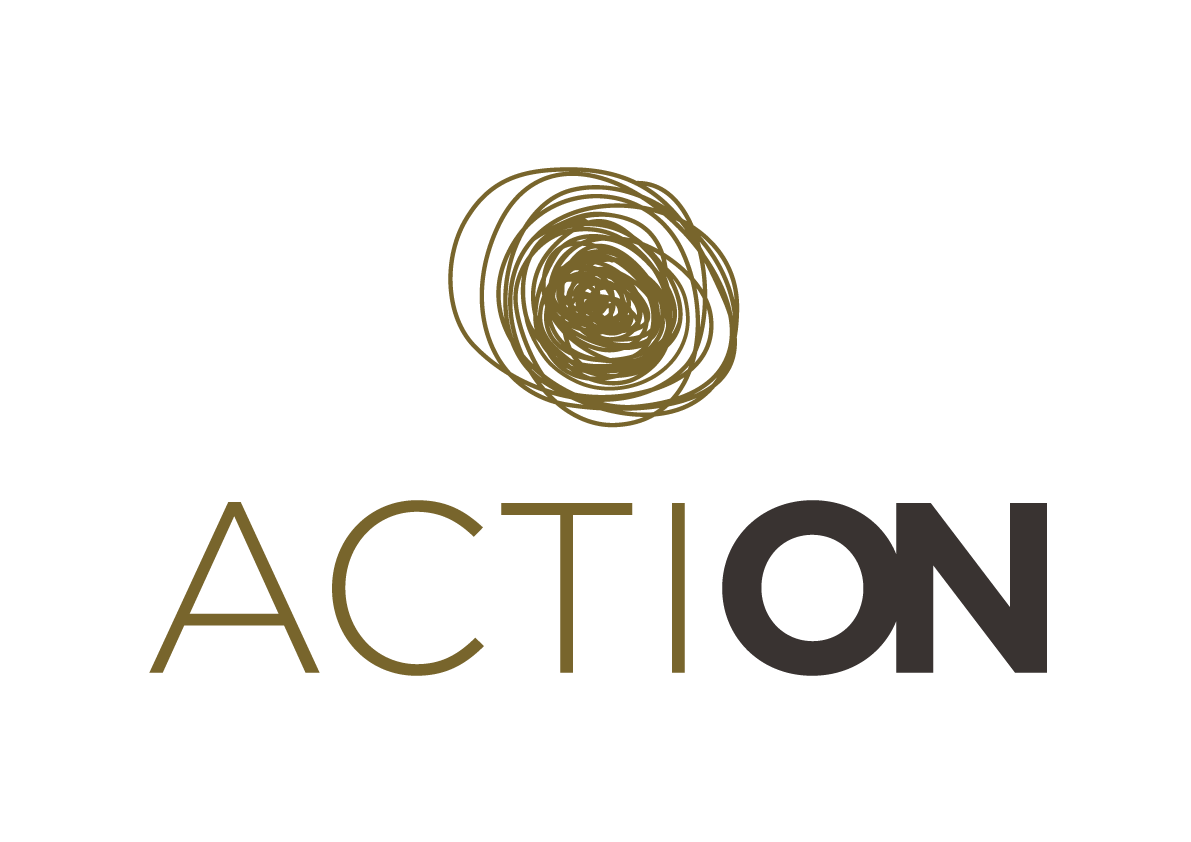By Neal Reeves – University of Southampton
Earlier this year, members of the ACTION team from the University of Southampton submitted a research paper on the effects of adding time limits to online citizen science projects. Typically, these projects last for many months or even years as participation from volunteers is sporadic and brief, with a small proportion of contributors performing the majority of the work. In recent years, however, the team at the Zooniverse platform have been trialling launching projects in conjunction with the BBC through live broadcasting and giving volunteers just 48 hours to complete as many classifications as possible.
Our analysis found that during these short-term projects, similar participation patterns occur as in longer-term projects, but that some dedicated volunteers can complete more classifications in 48 hours than longer-term projects receive in over a year. In particular, we found that communication with other volunteers and project scientists appears to have a significant impact on the participation of individual volunteers.
This work has now been accepted and next month, we’ll be travelling to the Association for Computer Machinery’s Computer Supported Cooperative Work (CSCW) conference in Austin, Texas, to present our work. We hope to receive feedback from the diverse audience and also to gain an understanding of some of the other kinds of related research taking place which may be relevant to ACTION and our citizen science project partners.
As part of this process, we’ll also be taking part in a workshop on processes and tools for collaborative action. We’ll be presenting some relevant findings from ACTION and sharing insights with other experts and researchers in this field. We believe this will be an excellent opportunity to share views, garner feedback and to improve our approach within ACTION and our wider research.

